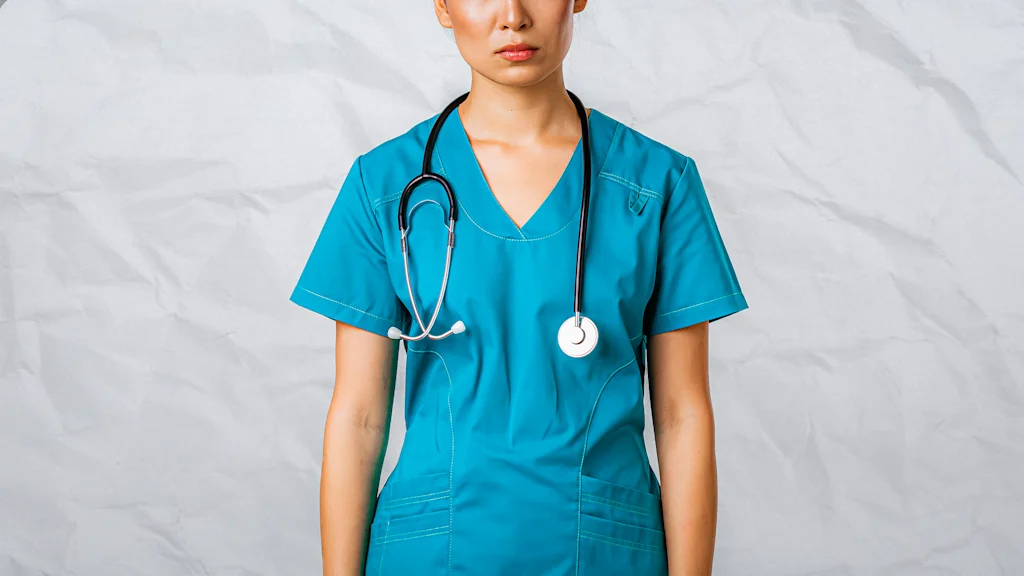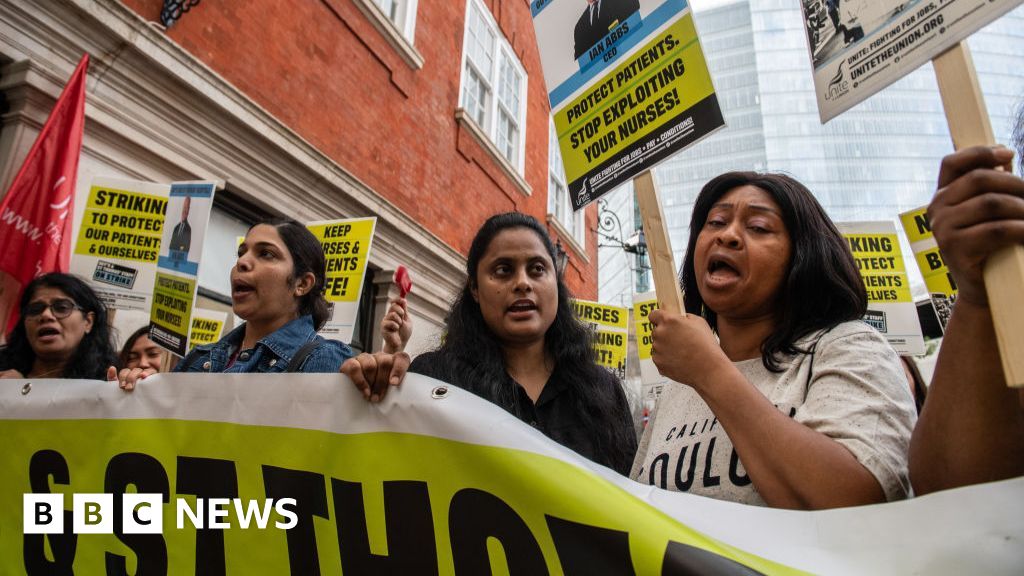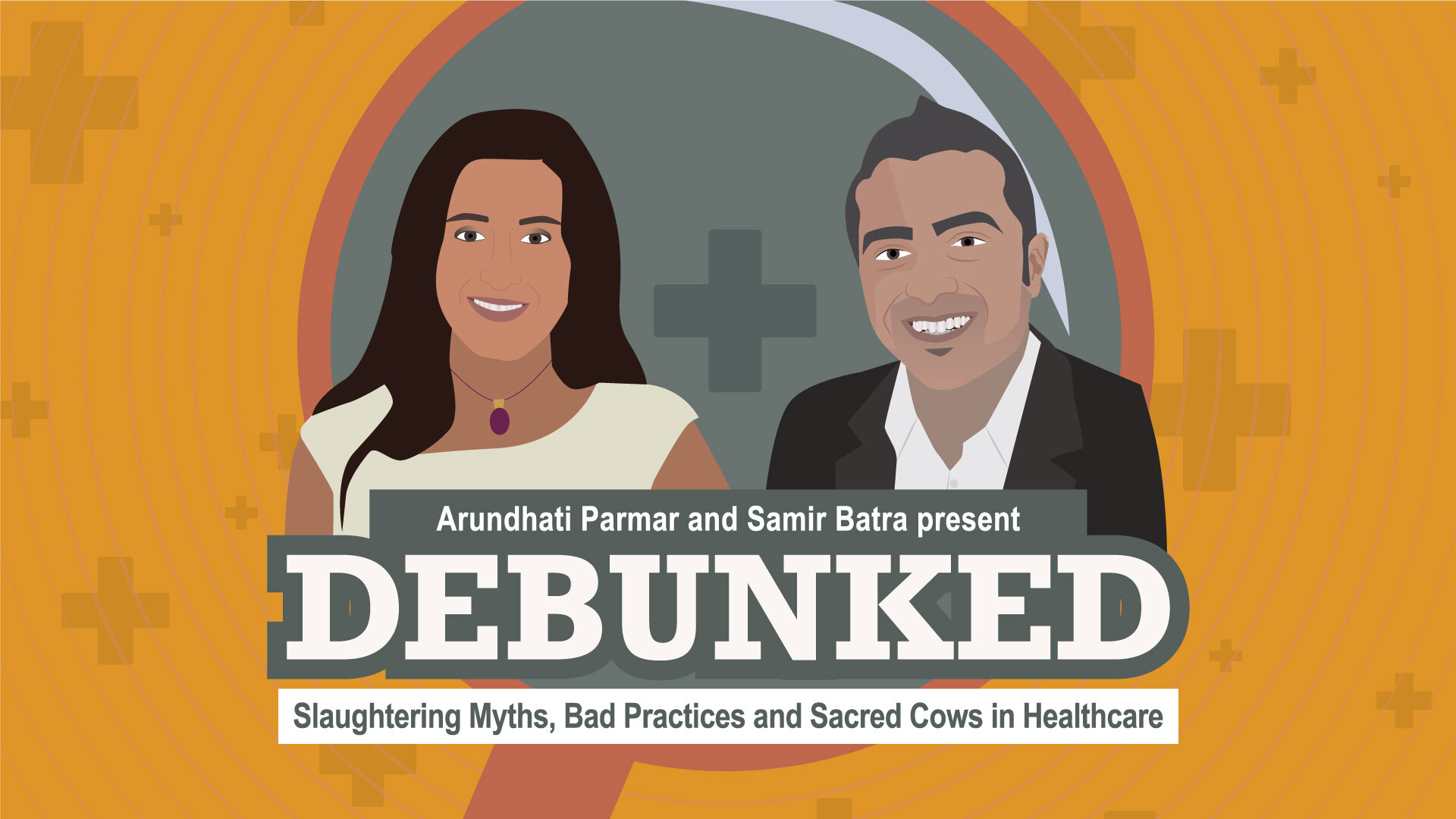fromInside Higher Ed | Higher Education News, Events and Jobs
1 week agoHealth Care Groups Form Coalition to Fight Loan Caps
The loan limits-which were prompted by congressional legislation and fleshed out through a contentious rule-making process -cap the amount a graduate student can borrow based on the type of program they enroll in. If their program is deemed "professional," they can borrow up to $50,000 a year or $200,000 total; meanwhile, students in programs labeled "graduate" can only take out half that-$20,500 a year or $100,000 total. Under the proposed regulations, only 11 degree programs are considered professional.
Higher education







